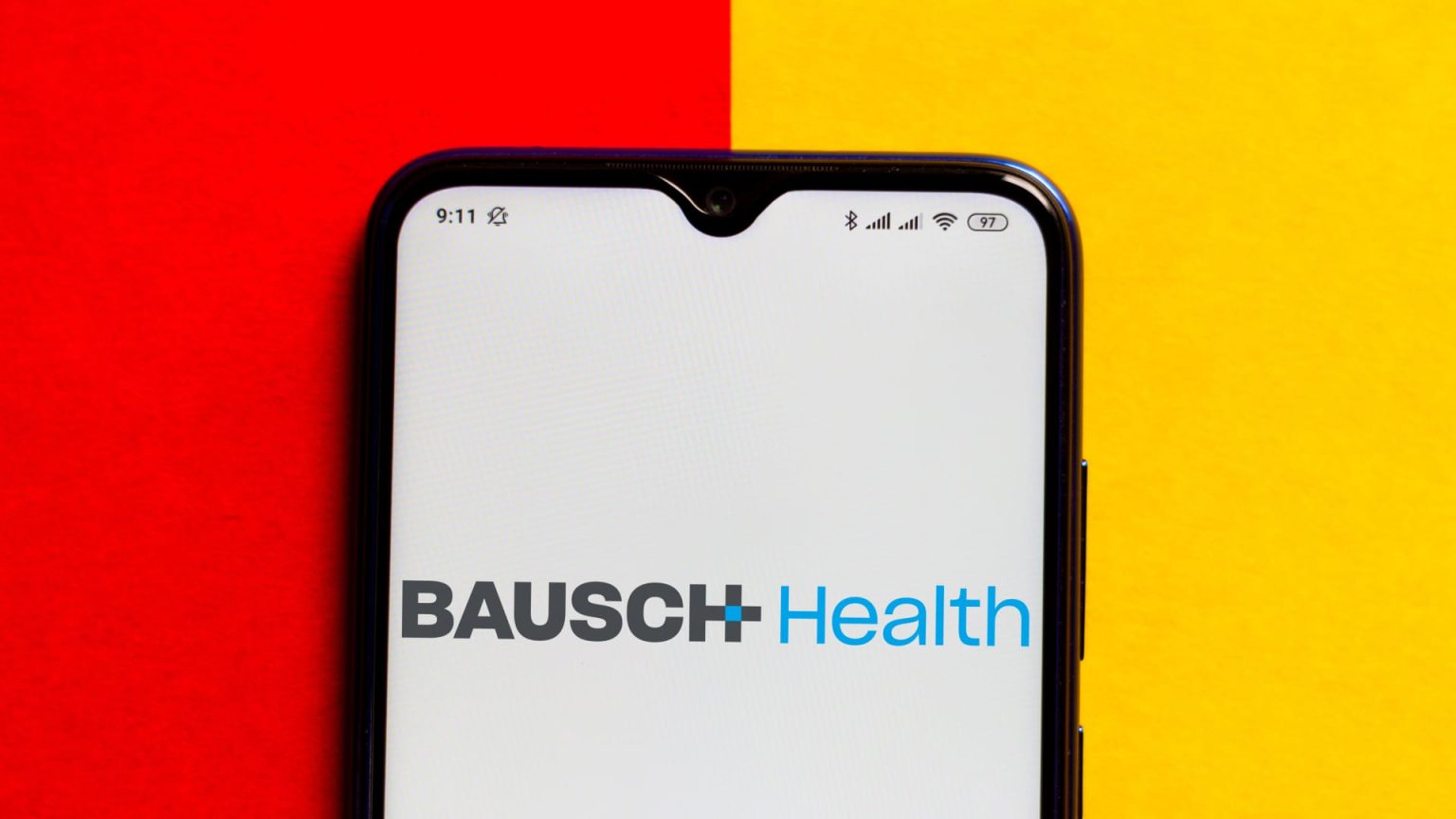We are exiting our position in Bausch Health , selling 2,930 shares at roughly $7.13. In addition, are buying 95 shares of Abbott Laboratories at roughly $104.53 and 125 shares of GE Healthcare at roughly $81. Following the trades, Jim Cramer’s Charitable Trust will own 895 shares of ABT, increasing its weighting to 2.95% from 2.65% and 1,275 shares of GEHC, increasing its weighting to 3.25% from. The Trust will no longer own a position in BHC. We trimmed our Bausch Health position in late February above $9 per share because we knew the courts were expected to decide on Xifaxan’s patents imminently, and we thought it was a dice roll. Bausch has been fighting to delay generic competition for its best-selling drug in order to generate sufficient cash flow to pay off some of its long-term debt obligations. It’s also essential to Bausch’s ability to spin off its roughly 88% stake in eye-care firm Bausch + Lomb to shareholders, the highly elusive catalyst event that mistakenly was the reason we bought the stock in the first place. As it turned out, sometimes your first loss is your best loss — a concept Jim Cramer explored in his Sunday column — because the ruling went in Bausch’s favor, a big win in our eyes, and yet the stock has since done nothing but go down. Some of the decline likely has to do with Amneal Pharmaceuticals trying to get approval for a generic version of Xifaxan. Our concern is this news and the lawsuit filed by Bausch against Amneal has restarted the litigation clock, creating an uncertain timeline for the next big catalyst that could improve the narrative. Although our Bausch Health position is tiny relative to the rest of our holdings and we could always continue to wait out future developments, the cash tied up in the company will be better served in Abbott Laboratories and GE Healthcare. The quality of the portfolio improves with these trades. And we are still buying into weakness because shares of Abbott and GE Healthcare are down over the past month. Abbott Laboratories reported a strong first quarter last month and proved itself as one of the fastest-growing large-cap companies in the medical technology industry with organic sales up nearly 11%. The company also did something it never does after one quarter — it raised its organic sales growth and adjusted earnings per share outlook for the year. It’s rare to see management this bullish so early in the year. The beat and raise was a sign of confidence, but the market has ignored it. Shares of Abbott have been in the doghouse since March due to litigation concerns for its baby formula business. Any type of litigation cannot be ignored by investors, but we think this situation is different from Johnson & Johnson ‘s talc lawsuit overhang. Abbott’s formula has a warning label, and it’s been approved by doctors as live-saving nutrition. Many analysts think the market capitalization that has been lost from this overhang far exceeds what Abbott could ultimately pay to settle the cases, creating an opportunity to buy a Dividend Aristocrat on weakness. This will be our fourth Abbott buy since mid-March. GE Healthcare’s first-quarter report on April 30 was not clean . We acknowledge that. We were disappointed that the company missed Wall Street estimates on both revenue and earnings per share, though management maintained its outlook for the full year. However, when we drilled down into the numbers and what management had to say, it looked like a big part of the miss had to do with China, where the company was lapping difficult year-over-year comparisons. There also were some timing issues from customers in China that delayed orders as they wait more details of a new government stimulus package. Those orders will come back later this year. Meanwhile, procedure volumes in the U.S. continue to be strong, supporting a robust spending outlook from hospitals to GE Healthcare’s benefit. We also see an underappreciated margin expansion story here as management continues to optimize its cost structure after spinning off from then-General Electric last year. The introduction of higher-priced products integrated with artificial intelligence will help, too. Outside of healthcare, we’re taking a harder look at Disney as a name to buy on what looks like an excessive pullback on management’s comments Tuesday about demand in its theme-parks business. Many analysts came out in defense of the stock overnight, joining us in calling Tuesday’s 9.5% sell-off an overreaction . We also would be buyers of Wynn Resorts on Wednesday if we were not restricted because the company r eported a great quarter Tuesday night and is not getting any credit for it. In addition, we are always hesitant to add a new name in the portfolio without taking something off first. The uncertain and extended timeline of when Bausch Health will be able to spin off its stake in Bausch + Lomb to shareholders could keep the stock in purgatory for quite some time. This exit will free up a slot in the portfolio for new opportunities. (Jim Cramer’s Charitable Trust is long ABT, GEHC, DIS and WYNN. See here for a full list of the stocks.) As a subscriber to the CNBC Investing Club with Jim Cramer, you will receive a trade alert before Jim makes a trade. Jim waits 45 minutes after sending a trade alert before buying or selling a stock in his charitable trust’s portfolio. If Jim has talked about a stock on CNBC TV, he waits 72 hours after issuing the trade alert before executing the trade. THE ABOVE INVESTING CLUB INFORMATION IS SUBJECT TO OUR TERMS AND CONDITIONS AND PRIVACY POLICY , TOGETHER WITH OUR DISCLAIMER . NO FIDUCIARY OBLIGATION OR DUTY EXISTS, OR IS CREATED, BY VIRTUE OF YOUR RECEIPT OF ANY INFORMATION PROVIDED IN CONNECTION WITH THE INVESTING CLUB. NO SPECIFIC OUTCOME OR PROFIT IS GUARANTEED.
Read the full article here



